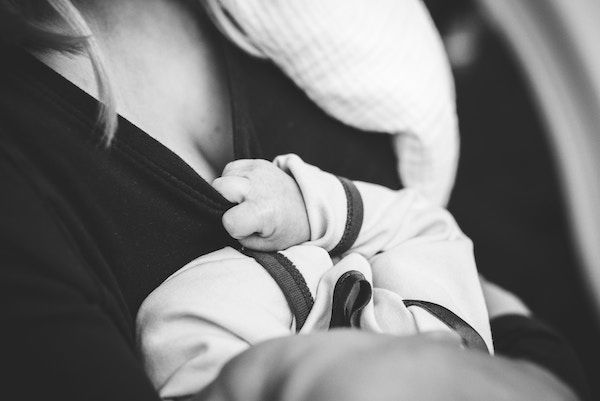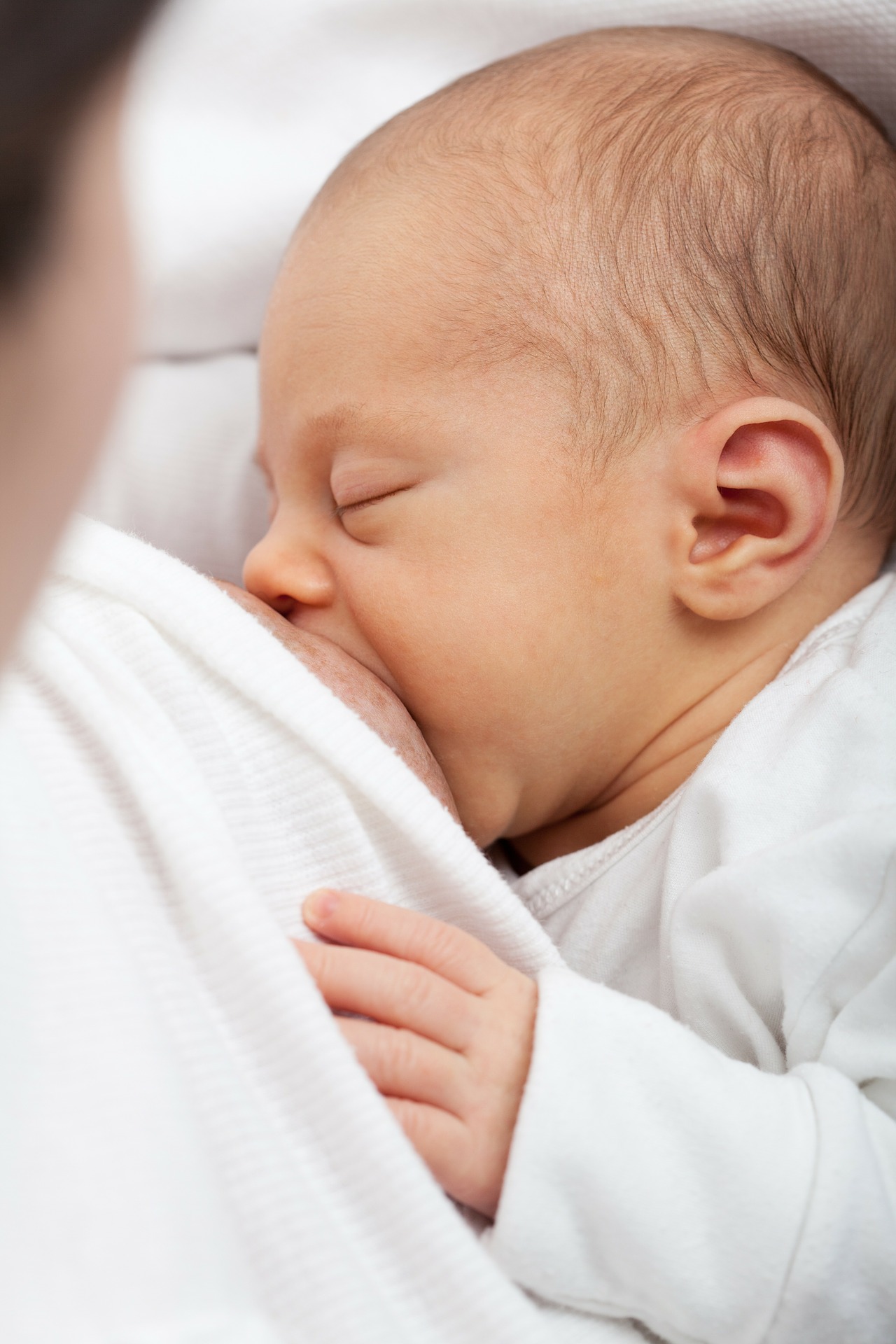

With today marking the beginning of World Breast-feeding Week, a group of Jersey mums are calling for more support in the workplace.
The latest Jersey births and breast-feeding statistics show that three out of five babies were being breast-fed up to eight weeks, but numbers drop around six months, when most mums return to work.
Deputy Louise Doublet, who has championed breast-feeding rights and introduced an amendment to the anti-discrimination legislation in 2015 to give protection to mothers breast-feeding their babies in public, says that the support of the partner, and the family, is crucial in the first few weeks.
But support from Family Nursing and Home Care, health visitors, midwives and ultimately the States also plays an important part in the process. Having recently had her own child, Deputy Doublet says: “I have been extremely grateful for the fantastic support and encouragement I received from the midwives (especially my midwife Caroline Blamey), our health visitor Sarah Wright and lactation consultant Liz Philpott, not to mention my family, friends and amazing partner. It really has been a team effort and although a struggle at times, one of the best decisions I have ever made.”
Video: Breastfeeding Week aims to raise awareness of the importance of supporting mothers.
Michelle Cumming, Operational Lead for Child and Family Services at Family Nursing & Home Care said there are currently six HSS midwives and six FNHC Health Visitors qualified to deliver breastfeeding training. FNHC also has a certified breastfeeding specialist and a breastfeeding counsellor to assist colleagues for complex breastfeeding needs.
Mrs Cumming said: “FNHC health visitors provide support at a number of different child health clinic sessions which take place throughout the week, where mothers can access breastfeeding support and guidance. We also have two Health Visitors present at Wednesday's Child Health Clinic at St Paul's Centre to give mums one-to-one breastfeeding support.”
Deputy Doublet says it is important to celebrate these support networks and she hopes to strengthen them even further so that the high proportion of Jersey mothers who want to breastfeed their babies are helped along every step of the way.
One of the resources available to mums is the Breastfeeding Buddies group. It runs every Tuesday at Communicare in St. Brelade and allows mums to meet other breastfeeding mums, share tips and receive support. A Health Visitor trained in breastfeeding support also attends the meet-ups to answer questions and help mums.
Pictured: The Breastfeeding Buddies group runs every Tuesday at Communicare in St. Brelade.
Speaking at last week’s session, a few mums say they sometimes feel self-conscious breastfeeding in a public place. Others are quick to reassure them. “People don’t look that much! When you look at people you don’t look at their chests, you look at them in their eyes,” one says.
Another mum says she doesn’t like breastfeeding her baby girl in busy public places and welcomes the opportunity to sit at a table near a wall instead of the middle of a restaurant.
Another says a breastfeeding room would be welcome near the bus station. She explains: “I recently had an ‘incident’ where I was waiting for the bus and my baby wanted to be fed. There were lots of people around and I didn’t want to breastfeed in the middle of the street. If there was a room nearby I wouldn’t have to go in the toilets.”
While some mums worry about negative public opinion, none of them has had a bad experience. Deputy Doublet says: “I think the idea is that people are really negative about breastfeeding but that’s not the case. People are coming round to the fact that it should be supported and that women don’t have to hide.”

Pictured: Deputy Doublet says the public's opinion is generally positive when it comes to breastfeeding mums.
However there is still more work to be done says the Deputy. Figures show that as babies get older the numbers of them being breast fed drop, reaching 20% for babies between nine months and a year old.
Deputy Doublet says this might be due to the lack of support in the workplace. As women return to work, there is no provision for them to breastfeed or express milk while at work and a majority of them has to stop breastfeeding. Deputy Doublet wants to help turn the tables to make sure women who want to continue breastfeeding are able to.
When she returned to the States Assembly, when her baby was just two months old, her partner used to bring him in one of the rooms in Royal Court so that she could breast-feed him. One mum says she wouldn’t feel comfortable doing that: “I work in an office and I would have to take extra breaks. I feel like there would be some judgment. I think people would see me as not as committed and more dedicated to my baby than to my job, which is the way it should be really.” Another explains she wouldn’t have the time to take the necessary breaks as her days are non-stop.
Some companies have already taken steps to support breastfeeding mums. The States opened a ‘Wellbeing Room’ in Cyril Le Marquand House where working mums can either breastfeed or express milk in an effort to encourage breastfeeding. At PwC, a meeting room is always available for mums to go in and either breastfeed or express milk.
A new mum says: “When you think about it, it is the same as having a cigarette breaks with the difference that we are feeding a tiny human. It’s good that some companies encourage it. It’s all a compromise, it they want to have you back to work early, they have to provide the support. It’s not a disadvantage for them, quite the opposite.”
Another mum adds: “It would make sense for the businesses to support breastfeeding mums. It’s sensible because the longer mums breastfeed the less our babies are likely to get ill. It’s a win-win for everyone.”
Comments
Comments on this story express the views of the commentator only, not Bailiwick Publishing. We are unable to guarantee the accuracy of any of those comments.